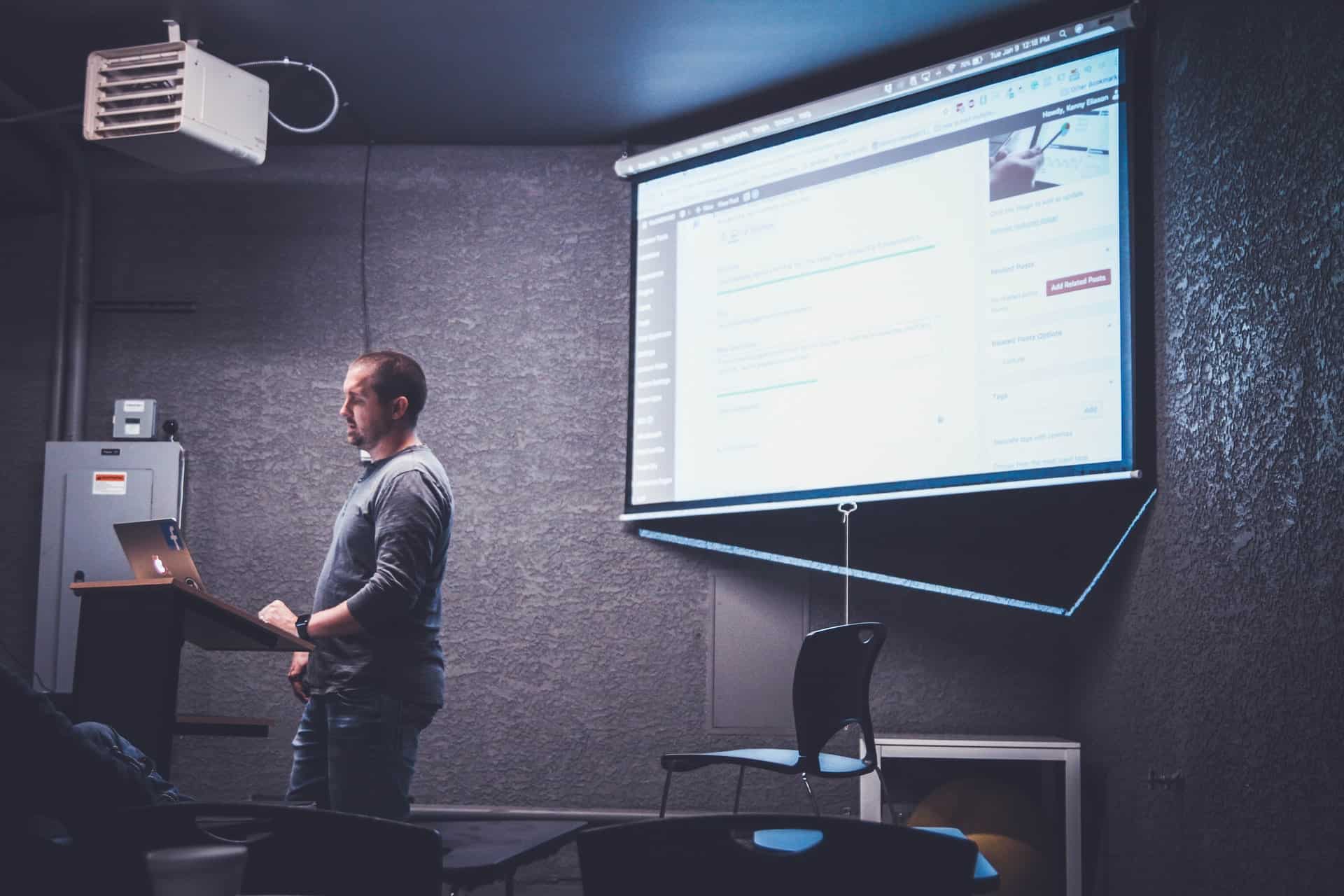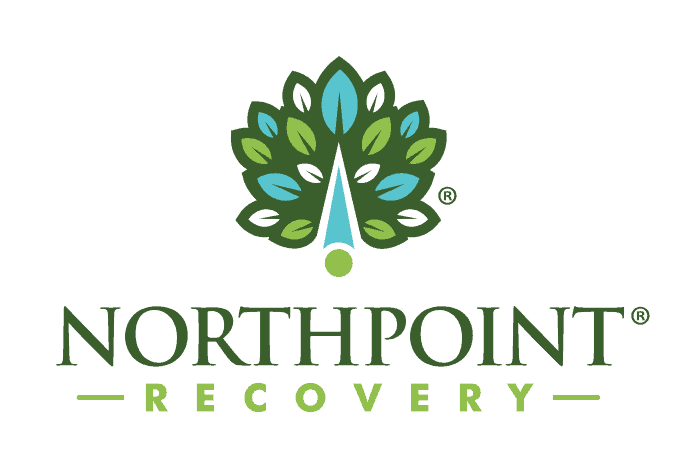National Recovery Month, September 2020: Celebrating Connections
In a year that has seen physically distancing yourself from others become the “new normal” for all of us, National Recovery Month – lasting all of September 2020, and with the theme, this year of “Celebrating Connections” – reminds us that it is our connection to others that remains a vital part of all aspects of living, including the journey to successful recovery from substance addiction.
“Invisible threads are the strongest ties.” – Friedrich Nietzsche, renowned German philosopher, and essayist
National Recovery Month was first launched in 1989 by the Substance Abuse and Mental Health Services Administration (SAMHSA) for the purpose of increasing awareness around the issues of mental health and substance abuse. At the same time, the SAMHSA wanted to celebrate recovery success stories to illustrate that living in recovery is possible, and hopefully to inspire those who are battling either drug or alcohol addiction.
Now in its 31st year, National Recovery Month is a little different this time around. Previous years were sponsored by its founder, the SAMHSA; however, this year, the month’s theme and events calendar is being organized by Faces & Voices of Recovery, a recovery advocacy organization based in Washington, DC., National Recovery Month’s new sponsors.With its 2020 theme of “Celebrating Connections,” National Recovery Month will once again aim to raise awareness and celebrate recovery, which is so important in the fight to end the stigma that continues to surround both mental health and substance use disorders.
Addiction & The Current Lack of Adequate Treatment Rates
The Centers for Disease Control & Prevention (CDC) Morbidity & Mortality Weekly Report (MMWR, June 24-30, 2020) on mental health issues and substance use, although predicted by the CDC itself much, much earlier, makes for deeply troubling reading and requires prompt action.U.S. adults are now reporting “considerably elevated adverse mental health conditions associated with COVID-19. Younger adults, racial/ethnic minorities, essential workers, and unpaid adult caregivers reported having experienced disproportionately worse mental health outcomes, increased substance use, and elevated suicidal ideation.” Around 40% of those U.S. adults surveyed reported that they were struggling with mental health or substance use.Research into the increasing levels of mental health issues and substance abuse caused by coronavirus-driven shutdowns and social isolation is perfectly clear, and the undeniably negative health effects will be long-lasting and highly consequential for individuals who are currently suffering, and their families.Sadly, the playing field wasn’t level to start with. Less than 10% of the 20 million Americans with substance use disorder (SUD) and the 17 million with alcohol use disorder (AUD) will actually get the treatment they need. That’s less than 1 person out of every 10. Of the total of around 37 million suffering from drug or alcohol abuse issues, 70,000 will die from drug overdose, and 88,000 will die from AUD.Here in Idaho, the figures are a direct reflection of the U.S. as a whole – deeply troubling.This clear disparity between SUD prevalence rates and SUD treatment rates – undoubtedly costing lives that could be otherwise saved – is another reason the National Recovery Month is so vitally impòrtant.
From Computer Screens to TV Screens…
Thanks to COVID-19, this year (among many, many other things, obviously, and with respect) will undoubtedly be remembered for connecting… online. Even more so when you consider the rise in the use and popularity of telehealth to bring health services, such as medical appointments, counseling sessions, and support groups like AA or NA meetings, to people that can’t be seen face-to-face.Whether it’s been for connecting online to see and chat with your friends and extended family, connecting online to order your weekly groceries from the superstore, connecting online to remotely attend your mental health or substance abuse support group, or even connecting for an online session with your one-to-one addiction counselor, our lives have revolved a screen.We’ve even been wearing a screen on our faces – we just call it a “mask.” Unless, of course, you have one of those clear visor-things. That really is a screen.So it’s little surprise that a couple of the highlights to look out for with this year’s National Recovery Month: Celebrating Connections will involve looking at a screen…
Here’s more:
MTV’s “16 and Recovering”: High School Addiction Docu-Series
A new and intimate 4-part documentary mini-series called “16 and Recovering” premieres on MTV on Tuesday, September 1 at 9 pm (ET/PT). The series, deliberately being shown through the National Recovery Month of September, follows the students of a Recovery High School in Boston as they face the dual journey toward graduation and their recovery from substance use and mental health disorders.Northshore Recovery High School, founded specifically to address the rise in adolescent addiction, is the academic focus of 9 students with various substance and behavioral issues, and the series retains the same brutal honesty first seen in “16 and Pregnant,” which, according to the National Bureau of Economic Research, helped to reduce teen pregnancy to record low numbers. Obviously, the hope is 16 and Recovering will have a similar impact.The principal and founder of Northshore Recovery High School, Michelle Lipinski, created the school in order to provide a safe and supportive community, where the emphasis is centered on the students’ education and accountability. As Michelle said, “When I opened Recovery High, my goal was to create a community for students to safely recover from addiction. I’m grateful to partner with MTV in order to tell this story of resilience and showcase that recovery is possible with the right community. I hope we can be a model of other schools and communities who are addressing this issue.” Chris McCarthy, the President of ViacomCBS Entertainment & Youth Group, added, “As this generation comes of age into a society facing an opioid epidemic, we believe the power of storytelling – and collaboration with experts like NIDA and Michelle – will be a wake-up call for audiences, parents, and community to break the stigma, foster empathy and expand access to treatment for young people.”In the limited docu-series, viewers will follow the 9 students and their families’ paths to recovery as they are guided by the Recovery High School’s faculty members. Furthermore, the students’ experiences provide a perfect case study of the vast, yet intricate complexities of addiction treatment, which includes not only the familiar issues of healthcare coverage and financial barriers, but the problems that arise when trying to navigate through the judicial system.
SAMHSA’s 2020 National Recovery Month Webinar Series
Continuing the recurring theme of telehealth, which has really come to the fore as a viable alternative to face-to-face medical appointments and other health service needs, the SAMHSA are ensuring that National Recovery Month will continue to educate others about SUDs and dual diagnosis (the presence of co-occurring substance use and mental health disorders in the same individual) through a series of open webinars to discuss important issues in the field of addiction treatment. Here’s their diary:
- Integration of Medication-Assisted Treatment in Treatment and Recovery Support
Date:Thursday, September 3, 2020, at 1:30 PM (ET)
- The effectiveness of medication-assisted treatment (MAT)
- How integrating MAT in both treatment and recovery support settings helps individuals obtain and sustain recovery
- MAT services and their integration within clinical settings, the criminal justice system, recovery housing, and peer recovery support
Webinar Access:
- Call-In: 1-877-917-4909
- For Participants:
- URL: https://www.mymeetings.com/nc/join/
- Conference number: PWXW1623553
- Audience passcode: 9267991
- Participants can join the event directly at https://www.mymeetings.com/nc/join.php?i=PWXW1623553&p=9267991&t=c
- SAMHSA Transforming Lives Through Supported Employment
Date: Thursday, September 10, 2020, at 1:30 PM (ET)
- Highlighting the key role employment can play in recovery
- How supported employment services are offering new gateways to empowerment and recovery for members of the Pascua Yaqui Tribe
- Featuring national employment data from SAMHSA’s Uniform Reporting System (URS) and a SAMHSA Transforming Lives Through Supported Employment grantee, as well as individuals living in recovery who benefit from these employment services
Webinar Access:
- Call-In: 1-877-918-5751
- For Participants:
- URL: https://www.mymeetings.com/nc/join/
- Conference number: PWXW1623520
- Audience passcode: 2352436
- Participants can join the event directly at https://www.mymeetings.com/nc/join.php?i=PWXW1623520&p=2352436&t=c
- Communities Supporting Recovery
Date: Thursday, September 17, 2020, at 1:30 PM (ET)
- How communities are providing critical recovery support services for individuals living in recovery as well as those who are just starting on their path
- Featuring SAMHSA Building Communities of Recovery (BCOR) and Recovery Community Services Program (RCSP) grantees as well as individuals living in recovery who benefit from these support services
Webinar Access:
- Call-In: 1-877-601-4714
- For Participants:
- URL: https://www.mymeetings.com/nc/join/
- Conference number: PWXW1623545
- Audience passcode: 7062311
- Participants can join the event directly at https://www.mymeetings.com/nc/join.php?i=PWXW1623545&p=7062311&t=c
- The Importance of Integrating Recovery Support Services: The Certified Community Behavioral Health Clinic Model
Date: Thursday, September 24, 2020, at 1:30 PM (ET)
- Highlighting Certified Community Behavioral Health Clinics (CCBHC) as an effective model for increasing access to and delivery of integrated, person-centered mental health, primary care, and substance abuse recovery services, including medication-assisted treatment (MAT)
- Featuring Community Health Resources’ (CHR), a CCBHC-Expansion grantee, and a person in recovery who has participated in, benefited from, and who currently provides recovery support services in the CCBHC-Expansion program
Webinar Access:
- Call-In: 1-800-369-1971
- For Participants:
- URL: https://www.mymeetings.com/nc/join/
- Conference number: PWXW1623549
- Audience passcode: 9181581
- Participants can join the event directly at https://www.mymeetings.com/nc/join.php?i=PWXW1623549&p=9181581&t=c
Important Note: Webex Required DownloadTo use Webex for your operator-assisted conferences, presenters and participants alike must have the Webex Event Manager installed prior to joining. To download the Event Manager, see the instructions on the Webex Downloads page.
National Recovery Month Events in Idaho
You can easily access the list of events happening in Idaho (and the entire U.S.), and highlighting National Recovery Month in the Events Calendar. For example, here in Idaho, Men’s Second Chance Living (MSCL House) and Power House invite you to take the Recover Strong Challenge – you’ll be pleased to know that that’s not a serious gym workout, each and every day of September, but simply ordering a burger!
“No Way But North”: Real People, Real Stories of Recovery
National Recovery Month is not just about raising SUD and mental health awareness. It’s equally important to share the inspirational stories of recovery of those addicted to illegal drugs, like crack and heroin, prescription painkillers like OxyContin and Percocet, and, of course, alcohol, and who went on to find lasting recovery. The world has millions and millions of people who have fought their addiction, trauma, and mental health disorders, and come out on top, and that means millions and millions of unique, highly personal stories of recovery.Northpoint Recovery has many inspiring stories such as these, and you can access the podcasts and videos that tell these stories right here. For example, you can listen to Tanner’s story, who, believing he was born an addict, was trapped by addiction at a very young age, but, fortunately, found the recovery he needed relatively quickly.
“Clearly, I’m not having fun anymore. Clearly, this was just my life. Most people get up and eat a bowl of cereal. I got up and smoked a bowl.” – Sally, an ex-drug dealer, and meth addict, in her own words
You can also listen to the stories and interviews with Northpoint Recovery’s highly qualified staff, who provide not only their own personal stories of addiction recovery but also share their expansive knowledge of many aspects of actual treatment and lasting recovery.
How Northpoint Recovery Can Help You Find Recovery
Located in Boise, Idaho, Northpoint Recovery offers a complete range of addiction recovery services, such as personalized detox, rehab, and treatment programs for drug and alcohol addiction, as well as access to our mental health treatment programs. Contact us today and begin your recovery!




